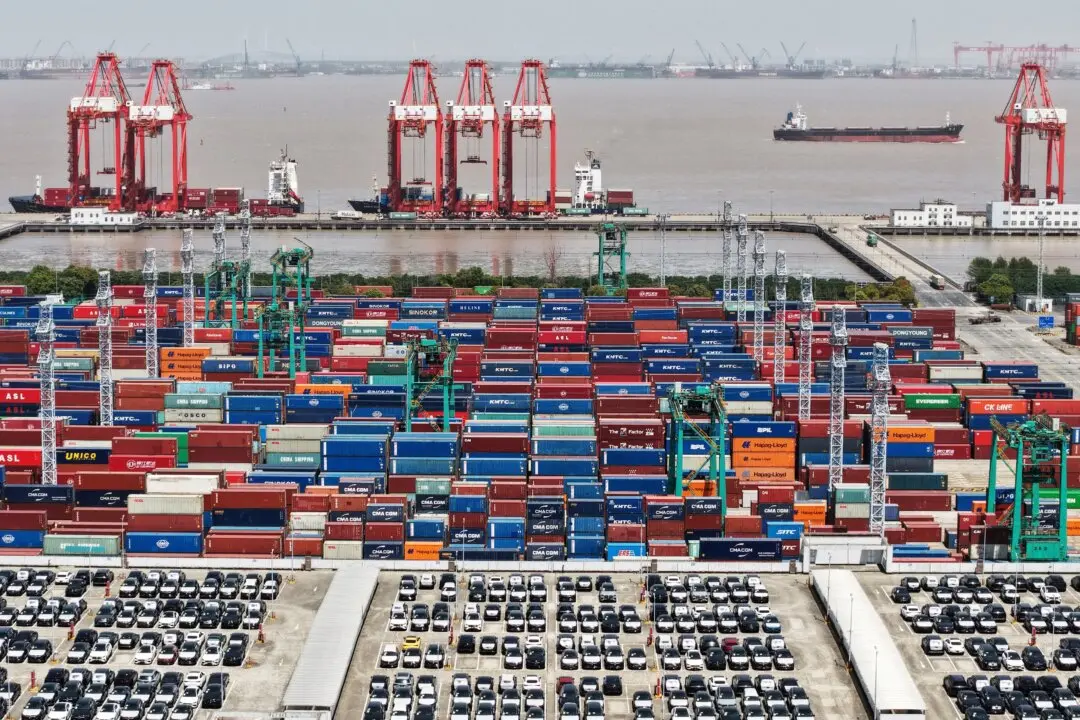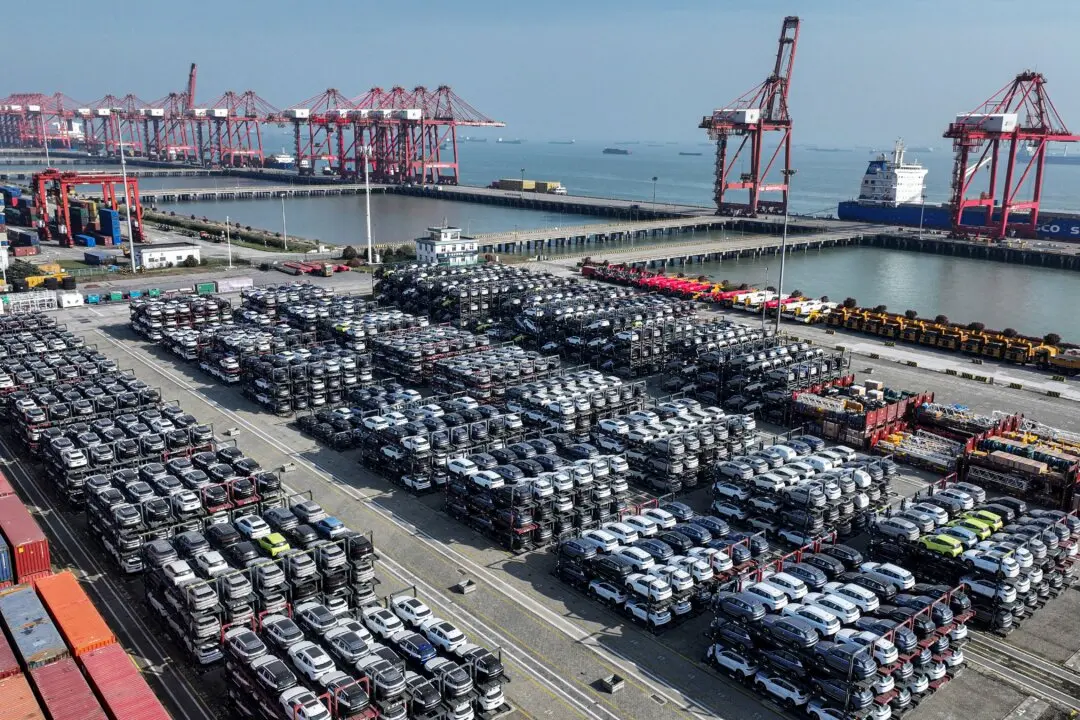Commentary
Fitch is worried about Chinese finance. Earlier this month, while reaffirming China’s still-high A+ rating, the credit-rating agency downgraded what it calls the country’s “outlook.” In this, Fitch has followed another rating agency, Moody’s, which did the same thing in December 2023.





